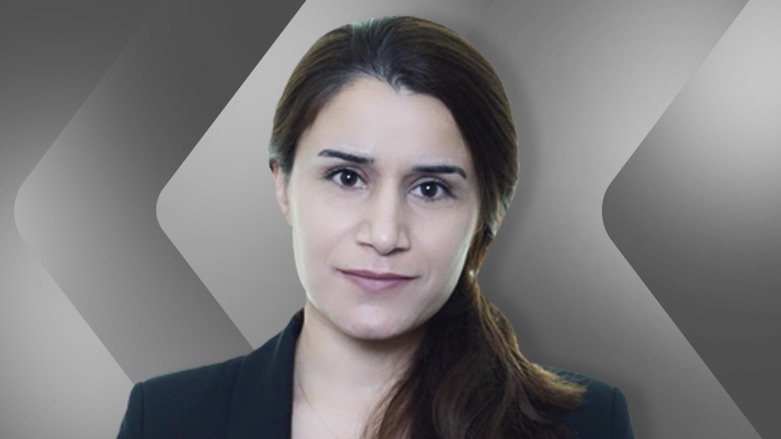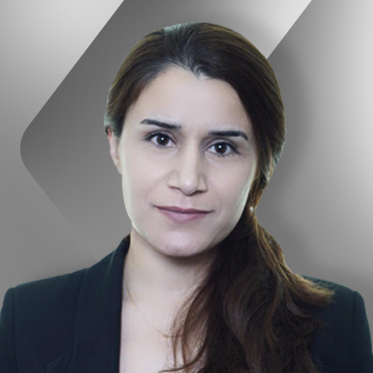Is putting Islamic jurists with veto power on Iraq’s Supreme Court a constitutional requirement or a legislative choice?

The draft law of the Federal Supreme Court of Iraq has made headlines once again and is awaiting its second reading by parliament and a subsequent vote. The issue at hand is the number of religious figures that will sit on that court, and what the scope of their power should be.
This judicial body, the highest in the land, has the final say in deciding questions and disputes of constitutional importance, interpreting the constitution, and striking down unconstitutional legislation. It is currently made up exclusively of judges.
The Law of Administration for the State of Iraq for the Transitional Period of 2004 provided for the Federal Supreme Court and, accordingly, was established by the Court Act of 2005.
The nation’s constitution states, “The Federal Supreme Court is to be made up of a number of judges, experts in Islamic jurisprudence, and legal scholars,” whose number and method of selection “shall be determined by a law enacted by a two-thirds majority of the members of the Council of Representatives.”
For years, Iraq’s legislature has failed to pass such a law. Since the constitution gives lawmakers enormous discretion on which law it can pass, all details regarding the court remain a legislative decision.
One of the most controversial aspects of the draft law is the role religious figures are to play within the court. If the draft law is passed as it is, they would account for six of its members, any two of whom would be empowered to veto Iraqi legislation that, in their opinion, contradict jurisprudence laid out in Islamic law.
It is true that the constitution provides for experts in Islamic law within the court, but it does not state that they should be granted veto power; this was something that some lawmakers chose to add. Indeed, lawmakers could have instead chosen to establish an advisory board of Islamic jurists and legal experts, which would have been consistent with the constitution’s wording.
Also, the constitution doesn’t state that clerics need to be the “experts in Islamic jurisprudence,” as it appears to be commonly interpreted as stating.
Iraqi Judges, during their studies in law schools and judicial colleges, already gain extensive expertise in Islamic law, as Islamic jurisprudence is a primary source of legislation in Iraq and is studied extensively in the normal course of legal education. As such, a typical Iraqi judge presumably qualifies as an expert in Islamic jurisprudence.
Because the court is the highest in the land and it is necessarily a judicial body, the presence of jurists with an exclusively Islamic worldview has the very real danger of undermining the judicial and impartial nature of the court, making it susceptible to religious and other external interference.
In this regard, the makeup of the court as described in the present draft law resemble Iran’s Guardian Council of the Constitution. This body consists of equal numbers of experts of Islamic law and judges tasked with interpreting the Iranian constitution in an effort to ensure the compatibility of both in any legislation passed.
Many are concerned that, if the proposed law is passed in its current form, it could substantially alter the court's function, promoting an increasingly theocratic state wherein religious rules take precedence over the existing, mostly secular, legal system.
In addition, the draft law gives different judicial, governmental, and religious institutions on federal and regional levels the power to nominate their own candidates to sit on the Federal Supreme Court. As such, political parties could end up with undue influence on the body’s membership through their representatives in what is known as the nation’s three presidencies: Iraq’s president and his deputies, the speaker of parliament and his deputies, and the prime minister and his deputies.
Clearly, a binding and final decision by the court on matters of constitutional and political significance has made it more vulnerable to political interference and made any draft law of the court to be presented much more controversial and difficult to pass. Iraqi politicians and the parliament have repeatedly failed to pass any draft that would incorporate constitutional changes.
The court has already been criticized for decisions or interpretations that are seen as favoring particular political parties in power, notably the infamous interpretation of the “biggest parliamentary bloc” in 2010, its ruling that attached independent commissions to the executive authority, and many others.
Having already decided to weigh in on numerous constitutional questions, it is not an exaggeration to say that some of its decisions have altered the balance of power in Iraq and have reshaped constitutional institutions. The question now is what further effect the addition of an intentionally religious element, and one with legislative veto power, could have on Iraq’s highest court.
Majida S. Ismael holds a Ph.D. in Public Law/Constitutional Law from the University of Liverpool, England.
The views expressed in this article are those of the author and do not necessarily reflect the position of Kurdistan 24.
Editing by John J. Catherine
